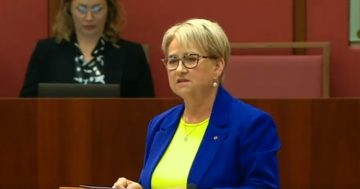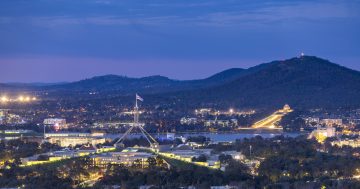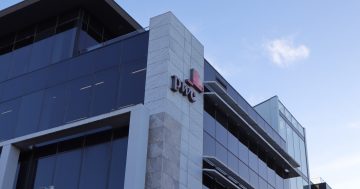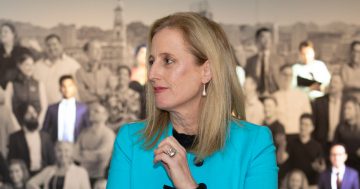
Public servants returning from shutdown to face a big year ahead. Photo: Celia Osk.
Shutdown has ended and public servants are back at work this week.
Not all of them, of course.
For many, this is the time of year for extended leave and summer vacations.
But thousands are back at their desks in agencies across the Australian Public Service, while thousands more have clocked on from their home workstations.
It’s 2024 and the government is open for business.
Just what this year’s government business will look like could fill volumes – with most of it being speculation.
But what we do know is the term ‘APS Reform’ will be bandied about extensively.
Labor is intent on reshaping the bureaucracy, making it more accountable and to be seen (at least on the surface) to be more independent from the government.
That’s a huge task, and after the tumultuous year we have just said goodbye to, no one should underestimate how difficult it will be to impose wholesale and effective change on the public service.
Adding stewardship as an APS value is a priority, as is continued work restructuring the relationship between the government, its permanent workforce and external consultants.
We expect to hear much more about Australian Government Consulting and the concerted drive to utilise and capitalise on the expertise already within the APS, prioritising in-house consulting over externally hired help.
Labor has had a bit of a shock over just how entrenched external consultants are in the APS, particularly the Big Four firms, and how it might be a case of ‘easier said than done’ to drastically minimise their use.
The government shouldn’t be that shocked, though. Labor has long had its own cosy relationships with the big accountancy firms.
Thank goodness for the Senate and its committee inquiries uncovering the often shameless antics and tactics of the big consultancies – and keeping them before the public.
Before last year, while many Aussies might have recognised the name PricewaterhouseCoopers (or PwC), most didn’t know or care about what the company actually did.
This year begins with the brand firmly linked in people’s minds with the term ‘corruption’.
So yes, the approach to consultants will loom large for the APS in 2024.
So, too, will Indigenous policy.
Just before Christmas, the APS Secretaries Board met with Prime Minister Anthony Albanese and got the message that the Closing the Gap implementation plan was a significant government priority for 2024.
The board discussed how agencies will be required to roll out their own strategies for the action plan and include First Nations issues high on their agendas.
The PM may have been slapped down over the Voice referendum last year, but Indigenous issues remain high on the government’s order of business and the APS has its riding instructions.
A quick canvass by Region of some public servants returning to work this week received comments ranging from “business as usual” to “felt like I had no break at all” to the more enthusiastic “it will be an exciting year for the service” and “it feels good to be part of changes, which will hopefully be for the better”.
But without fail, everyone contacted mentioned their wages.
They all want to see their long-awaited pay rises materialise. They’ve been argued about for far too long.
For many, that should be the very first order of business for the APS in 2024 – to get all workplace agreements sorted, signed and implemented.
There is a strong sentiment that most public servants want to get on with achieving some great things this year without the distraction of fights over pay and conditions.
Those fights have been necessary, but they’re so 2023.
And so is the shutdown.
Original Article published by Chris Johnson on Riotact.










